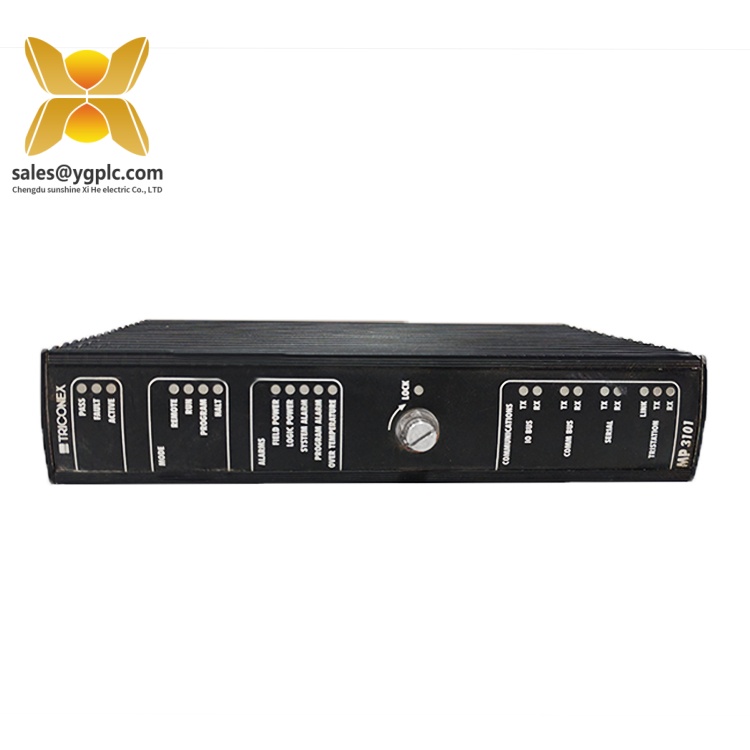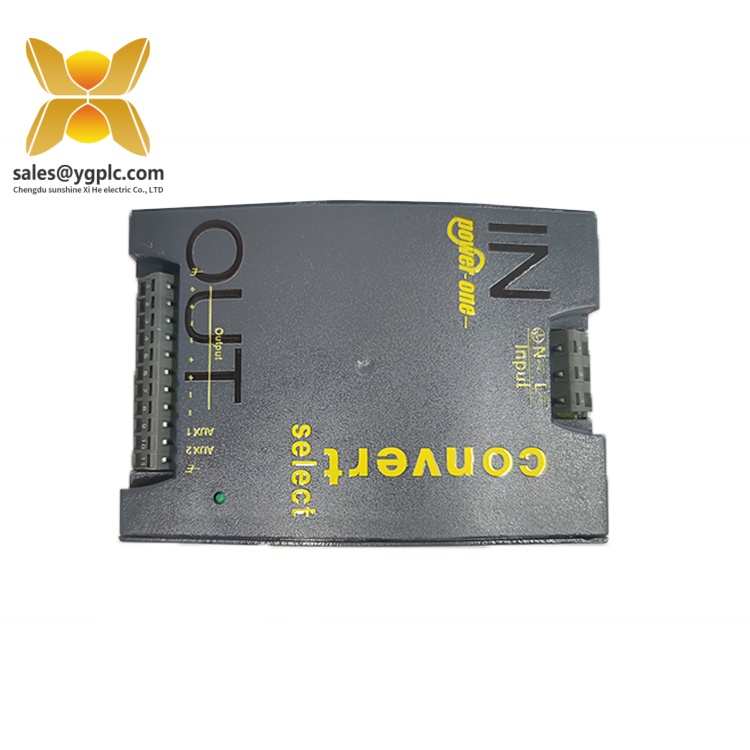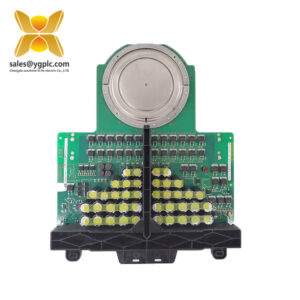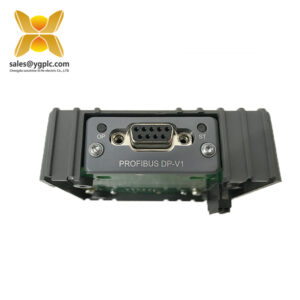Description
EMERSON SE4303T01 – Industrial I/O Interface Module for DCS Cabinets
The EMERSON SE4303T01 is commonly used as a field I/O interface module within Emerson control platforms, typically in process automation cabinets where reliable signal conditioning and backplane communications matter. From my experience, it’s chosen as a fit‑for‑purpose spare or expansion module in plants running DeltaV/Ovation-class architectures, especially when you want stable performance and predictable installation in existing racks.
Core Summary
Designed for demanding environments, SE4303T01 serves as a plug‑in I/O interface that typically handles common industrial signals and communicates over the system backplane. It’s a practical choice for power generation, chemicals, oil & gas, and water treatment where uptime, interoperability, and clean wiring are priorities.
Key Features
- Backplane Integration – Works as a plug‑in module to the system carrier/base, so wiring stays orderly and commissioning is straightforward in most cabinets.
- Signal Handling – Suitable for standard industrial I/O types (e.g., 4–20 mA, 0–10 V, or discrete), depending on the specific card configuration used in your rack.
- Galvanic Isolation – Typically provides isolation between field and system sides to reduce noise coupling and improve resilience.
- Field Replaceable – In many cases it can be exchanged without major rewiring when used with the designated terminal base and locking hardware.
- Diagnostic Indication – Status LEDs and onboard health indicators (where present) help technicians spot issues fast during maintenance rounds.
- Control Power Friendly – Designed to work on standard 24 VDC control power found in most process control panels.
- Cabinet-Friendly Form Factor – Compact module profile that fits typical Emerson carriers, aiding dense I/O layouts.
Technical Specifications
| Brand / Model | EMERSON SE4303T01 |
| Power Requirements | Typically 24 VDC control power (low wattage; depends on card configuration) |
| Signal Input/Output | Analog or discrete I/O support based on variant; isolation and filtering usually provided |
| Communication Interface | System backplane/bus interface via carrier/base; no external network port on the module itself |
| Operating Temperature | 0 to 55 °C typical, panel-mounted in a ventilated enclosure |
| Installation Method | Plug-in module on a designated terminal base/carrier; secured with standard locking hardware |
| Dimensions & Weight | Compact module form factor; commonly comparable to other SE43xx modules (approx. handheld-size) |
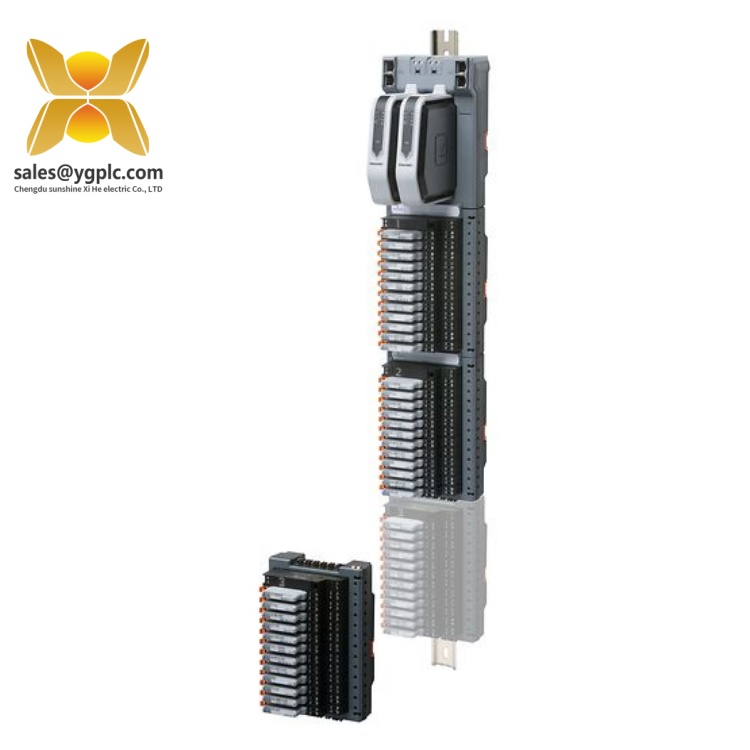
EMERSON SE4303T01
Application Fields
You’ll typically see the SE4303T01 deployed in:
- Power generation (boiler and balance‑of‑plant I/O marshalling)
- Oil & gas (compressor stations, wellpad control, pipeline monitoring)
- Chemicals and refining (unit operations, tank farms, utilities)
- Water & wastewater (filtration trains, pump stations, lift stations)
- Pulp & paper and mining (process lines with mixed analog/discrete I/O)
A maintenance lead at a combined‑cycle facility told me they swapped an SE43xx module during a short outage window—“no drama, no rewiring”—which seems to be the real-world benefit of the carrier-based design.
Advantages & Value
- Reliability – Proven, cabinet-ready hardware that handles electrical noise and temperature swings found in plant rooms.
- Compatibility – Drop-in fit with matching Emerson carriers/backplanes, reducing commissioning time.
- Lifecycle Support – Sits well in spare-parts strategies; easy to keep on the shelf for fast recovery.
- Cost Control – Limits downtime and field rewiring, which in many cases saves more than the hardware itself.
- Serviceability – Clear labeling and status indicators help technicians diagnose issues without extra test gear.
Installation & Maintenance
- Panel Environment – Mount inside a clean, ventilated control cabinet; keep ambient 0–55 °C and avoid condensation.
- Power & Grounding – Use regulated 24 VDC; bond shields at one end; maintain a low-impedance panel ground.
- Carrier/Base – Install on the specified terminal base for the SE43xx family; tighten retaining screws to manufacturer torque.
- Wiring Practices – Separate low-level analog from high-voltage or relay lines; use ferrules and labeled terminals.
- ESD & Safety – De-energize circuits when possible; observe ESD precautions when handling the module.
- Routine Care – Periodically inspect connectors, clean dust with dry air, and verify LED/status behavior. Keep firmware/diagnostic revisions aligned with your controller where applicable.
- Spares Strategy – Keep at least one spare per cabinet row for critical nodes; document slot location and base type for quick swaps.
Quality & Certifications
- Certifications – CE and UL compliance are typical for modules in this class; RoHS alignment is common on current production.
- Manufacturing Standards – Built to industrial control quality norms with traceable lot control and burn-in (varies by production batch).
- Warranty – Standard 12‑month hardware warranty from shipment is typical for this product category.
Supporting Components (Typical)
- SE43xx terminal base/carrier for backplane connection
- Shielded terminal block assemblies for field wiring
- DIN‑rail mounting hardware and end‑stops
- Redundant 24 VDC control power supply with surge protection
- Label sets and maintenance tags for cabinet traceability
If you’re matching an existing install, share a photo of the carrier/base and slot labeling; it usually takes a minute to confirm fit and the exact I/O variant needed for SE4303T01 deployments.
 中文版
中文版
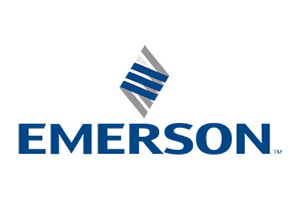
 Phone:
Phone:  Email:
Email:  WhatsApp:
WhatsApp: 